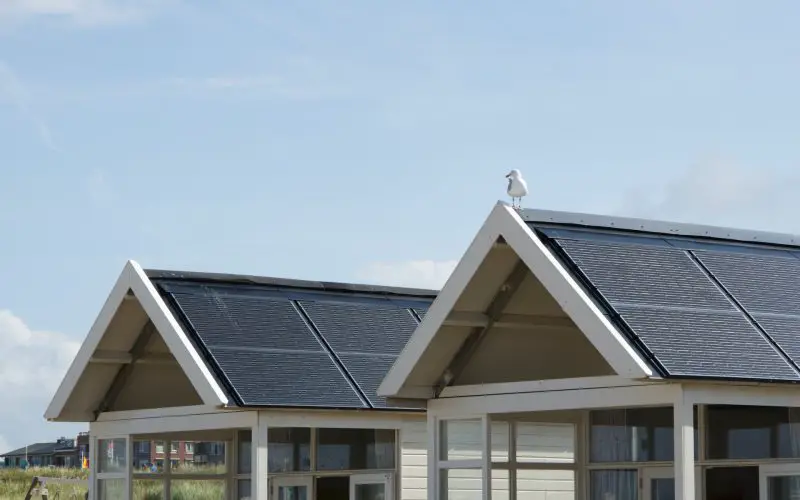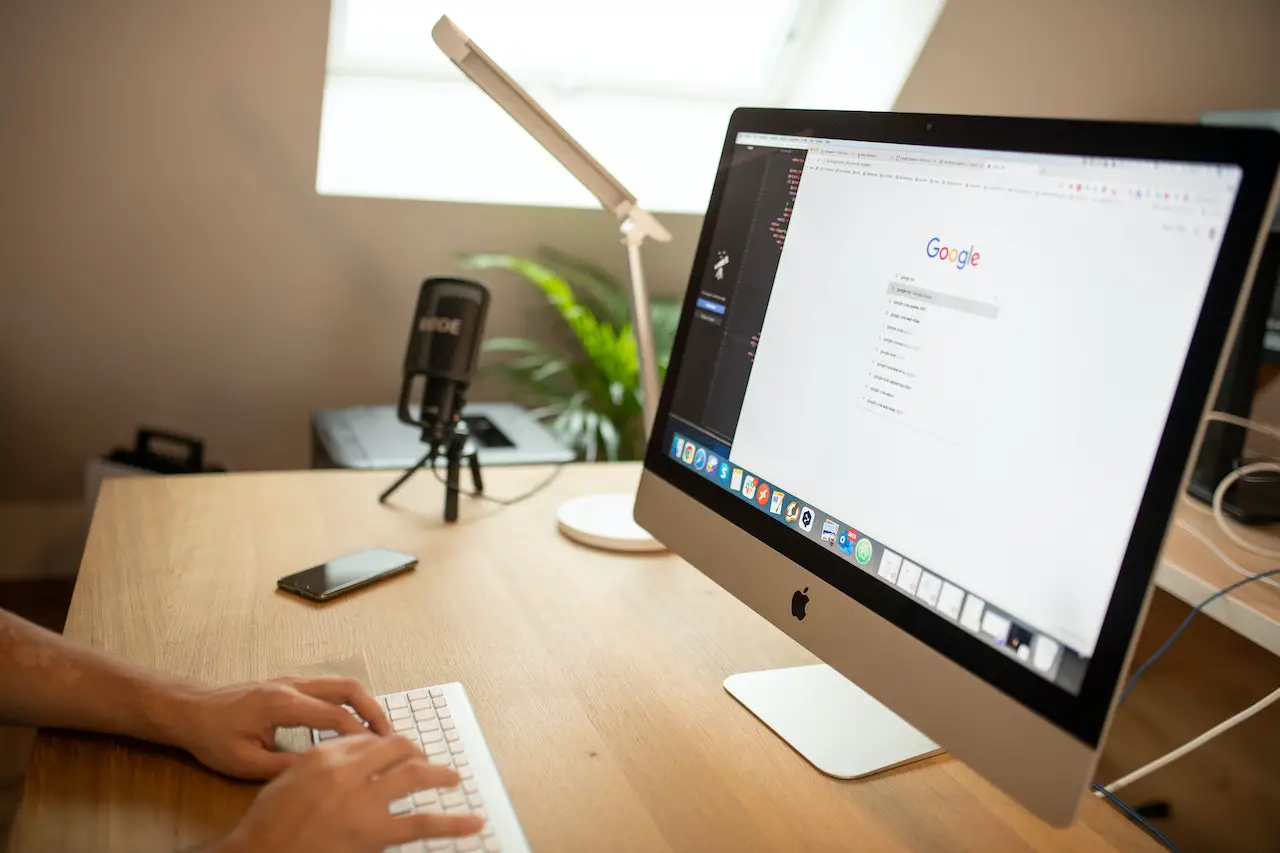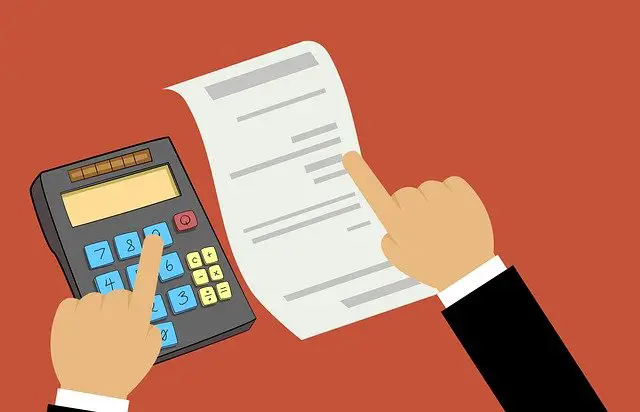The US solar business is anticipated to grow by 400% over the next ten years. Today we install 20 GW of solar power per year. By 2030 this number will increase to 80 GW. Since solar energy is going to be all over the news, let’s do a quick recap on how do solar panels work.
What is solar energy?
Solar power is all about the photovoltaic effect. It was discovered in 1839 by French physicist Edmond Becquerel. Becquerel figured out that sunlight that shines on electrodes submerged in a conductive solution would create current. A simple experiment proved the assumption true. The physicist put platinum electrodes in a halide salt electrolyte solution under the sun it did generate voltage and current.
All the early prototypes were far too expensive to use broadly. The history of modern solar panels started in 1940 with Richard Ohl’s discovery that silicon produces electricity when it’s illuminated. When sunlight strikes silicone wafers, it causes the flow of electrons which is direct current or DC.
We hardly use direct current for our daily needs. Most of our appliances demand an alternating current or AC. That’s why an inverter is a crucial component of a home solar installation. It converts DC to AC and sends it either to our appliances or into the grid.
Here are the three steps of how solar power work in our homes:
- Solar panels, which are silicon cells enclosed in glass and an aluminum frame, are illuminated by sunlight. Cells produce direct current (DC).
- DC travels from the module through the wires to the inverter and/or battery, since it’s the direct current that is typically required to charge batteries.
- The inverter converts DC electricity to AC or alternating current. To power household appliances, the inverter sends AC to the electric panel (breaker box) of the house. Alternatively, you can send the energy into the grid, which makes your electrical meter run backward.
How do solar panels work when the sun is not out?
Panels keep working even if the sun is behind the clouds. Invisible solar radiation is capable of penetrating clouds and landing on PV modules. The production of a solar system is lower than on a sunny day but as long there is daylight, panels keep working.
What solar panels truly do fear is shading. Solar cells in a panel are connected in series and the production of one cell depends on the performance of its neighbors. When one cell doesn’t get any solar radiation, it can shut down a whole row.
The real trouble comes from the objects that directly block the sunlight from panels.
PV modules use direct and indirect sunlight. Radiation which is reflected by clouds, snow, or water onto panels turns into electricity as well. Faraway objects usually block this indirect irradiance. Their effect on the production of solar panels is minor.
Do Solar Panels Work on Cloudy Days? How efficient?
Some people think that when a little cloud blocks the sun, solar panels lose all of their power to produce electricity. It is not true in practice. Of course, low irradiance levels do have an effect on how solar panels work. While some solar radiation that is visible to the naked eye is blocked by clouds, other types can still get through and successfully turn into energy for your home.
Cloudy weather reduces a PV array’s output by 20-40%. Cutting-edge technologies contribute to lowering the influence of clouds on the production of modern panels even further. Some brands, like Canadian Solar and Q CELLS, made their PV modules particularly resistant to low-light conditions.
If you want to calculate the payback of your solar system, sun hours are not as important as electric rates. States, where your solar system pays for itself in the least time, are not the sunniest. That’s a funny thing about how solar energy work. A PV system in New York gives one of the best return rates in the USA, even though the NY state is the 5th in the list of the least sunny states. The reason for it is that electricity is expensive in Big Apple. Even if you are getting less energy with the solar panel system due to bad weather in your area, you still might be saving more money than those who live in a sunnier state.
Do solar panels work at night?
Solar panels are asleep at night, just like the Sun. There is Moon, of course, which reflects sunlight to Earth, but you shouldn’t anticipate too much power from it. On a bright night, the panels might be strong enough to run the lamp on your nightstand. This is the reason why having energy storage is necessary for an off-grid system when you aren’t linked to the grid.
With batteries, you may use the energy you stored during the day to power any appliance in your home at night.







